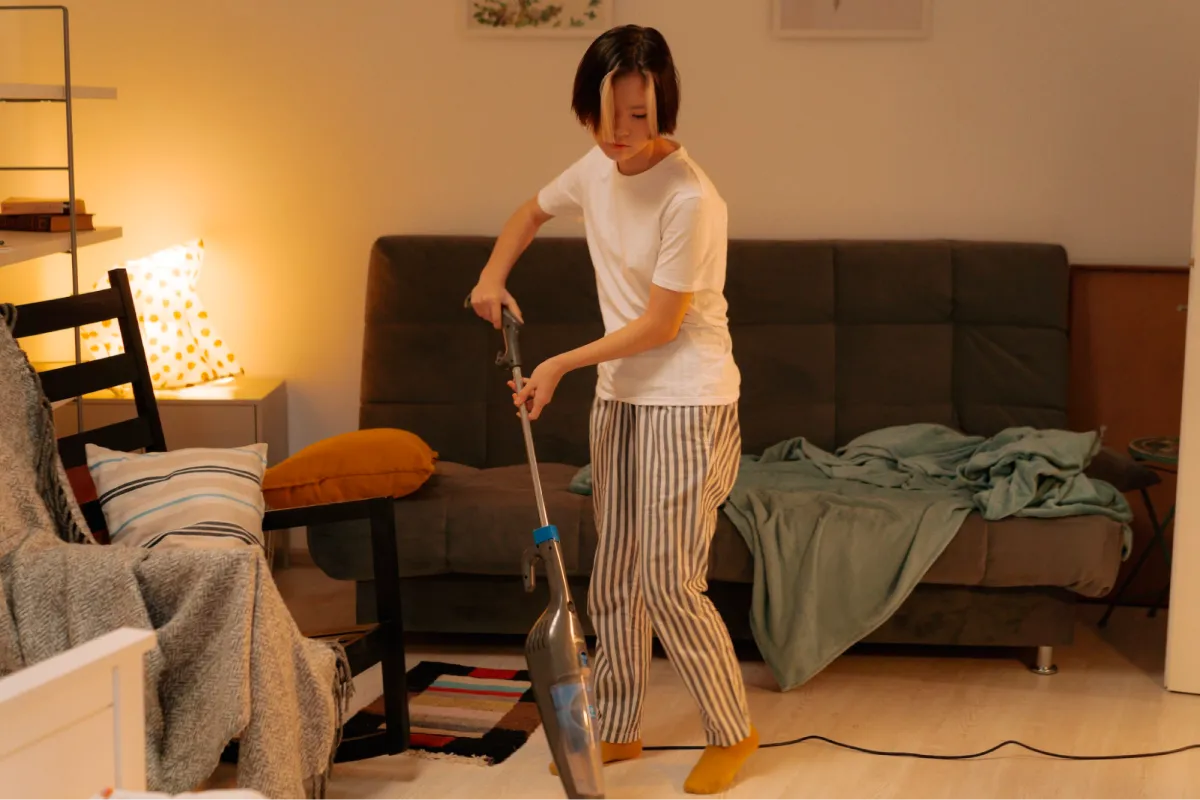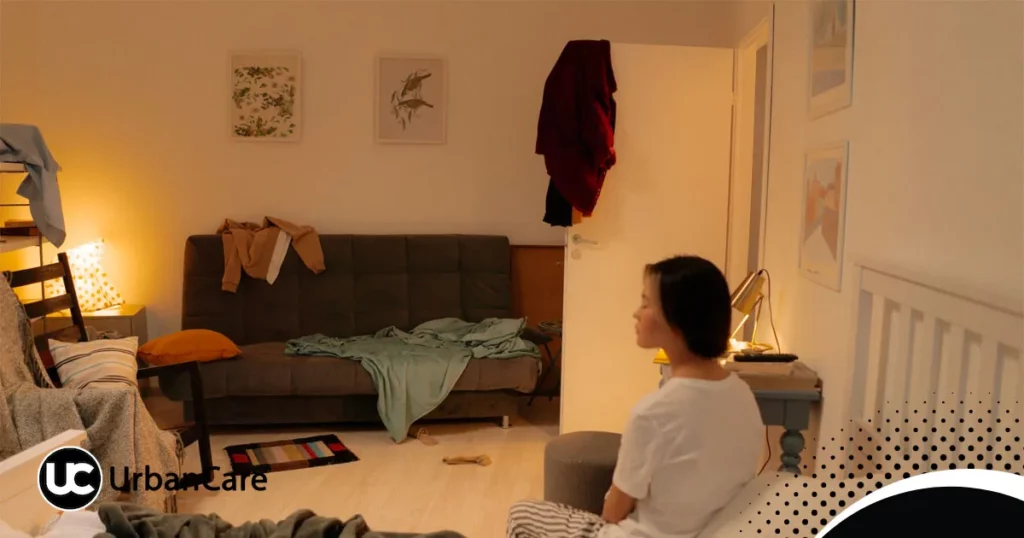Get Motivated to Clean a Messy House
We’re not going to sit here and attempt to persuade you that cleaning a messy house is enjoyable. Unless you’re a hyper-organized person who finds joy in alphabetizing their bookshelves, a tedious to-do list is the polar opposite of a good time. Unfortunately, we are all responsible for cleaning up after ourselves. To make it a little less painful, professional cleaners compiled a list of methods that will almost certainly fool you into cleaning your house. From “lifehacks” that allow you to bypass the portion of your brain that likes to delay to time-saving strategies, these shortcuts are what some of us need to maintain our houses in a semi-livable state.

Divide it into smaller jobs
According to 2015 research, breaking down a large activity into smaller sections is one method to overcome procrastination. This is because merely finishing a task, no matter how small, may be psychologically satisfying.
So, break down the Wellington cleaners process task into easy steps: One day, buy cleaning materials; the following day, sweep the living room floor; the next day, clean the kitchen countertops; and so on. You’ll be more likely to complete the project this way than if you plan to do it in a single afternoon.
Remove the impediments to remaining clean
Sometimes you’ll be excited to clean, and other times you won’t. It’s how humans are motivated.
In a 2012 lecture, psychologist BJ Fogg emphasized that while you are driven to clean, you should do everything possible to make cleaning simpler when you are not motivated.
For example, if you have a lot of motivation, you should buy cleaning tools, unpack them, and place the broom and dustpan right next to your bed. That way, when you get home from work, all you have to do is take the Wellington cleaners products that are right in front of you to get started.
Set a 10-minute timer
This tip is supported by Redditors. One person put it this way: “I set a 10-minute timer and see how much I can get done in that period. It usually motivates me to keep going after the timer goes off, but even if it doesn’t, at least I accomplished something.”
According to procrastination specialist Timothy A. Pychyl, “make a bargain with yourself” that even if you don’t like performing the work, you’ll do it for 10 minutes regardless. It will be less tempting to leave if you’ve made some progress.
So clean half the room or sort through one stack of papers to discover what’s garbage. You could feel so good about yourself that you keep going for another hour.
Remember that you don’t have to clean if you don’t want to
In a 2014 Harvard Business Review article, psychologist Heidi Grant Halvorson quotes Oliver Burkeman’s book “The Antidote” for advice.
“Who says you have to wait till you’re ‘feeling like’ doing something before you start doing it?” Burkeman wonders.
In other words, Halvorson adds, you don’t need to be motivated or devoted to Wellington cleaners — though it would be good if you were. You just must do the task.
Recognize that it is OK to delegate your duties
Perhaps you believe that hiring Wellington cleaners for you would be inconvenient or ineffective. Try it once and see how you like it.
Jacqui Kenyon of Business Insider talked about sending her laundry to a wash-and-fold service in 2015 since it’s not that much more expensive than doing it oneself and saves a lot of time and energy.
Finally, if you really want a clean flat and know you’ll never prioritize cleaning above working or socializing, this could be the best solution.
Make use of if-then planning
Halvorson discusses “if-then planning” and why it works in the same Harvard Business Review piece. Instead of attempting to muster the resolve to sweep twice a week, you give yourself explicit instructions on where and when you will sweep.
“If it’s noon on Sunday, I’ll bring out the broom and sweep the living room,” for example.
Consider if you really need to clean right now
For all of the advantages of keeping your home neat, there are more effective ways to spend your time and energy.
According to behavioral scientist and “Happiness by Design” author Paul Dolan, it’s vital to examine whether a clean environment will truly make you happier.

A versatile writer and passionate content creator who brings her creativity to life across various social media platforms. With a passion for storytelling, she specializes in crafting compelling content that resonates with her audience. Whether writing blog articles or preparing social media posts, Guia is always up for the challenge. And when she’s not working, you’ll likely find her unleashing her artistic flair on the canvas or tending to her beautiful house plants.
